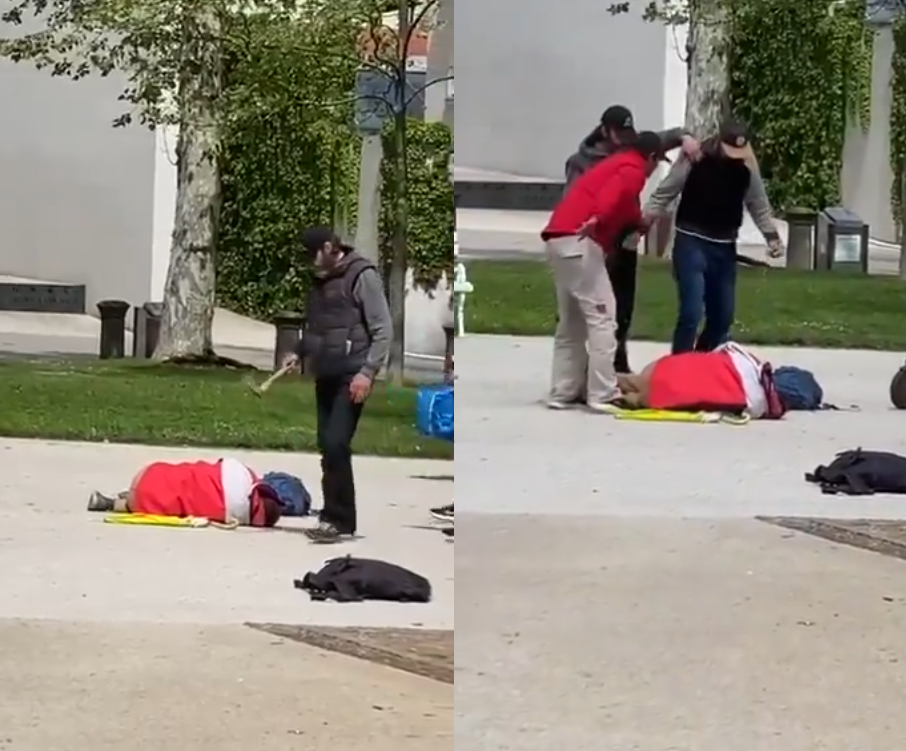A year ago, a mass fight broke out in Ljubljana, with one of the participants wielding an axe, as could be seen in the video of the event. Our article about the brutal clash in the city centre was shared on Facebook by a reader who soon realised that the social network had censored it. In Slovenia, the non-governmental organisation Oštro, a centre for investigative journalism in the Adriatic region, censors posts on behalf of Facebook.
Apparently, online censors are always on duty in the run-up to the elections to the European Parliament. “Within a couple of minutes, I got a notification on Facebook that they had removed my post because – ‘It looks like you tried to get likes, followers, shares or video views in a misleading way’ – and this happened 24 hours before early voting,” wrote our reader.
The censorship in Slovenia is carried out on behalf of Facebook by an NGO led by former journalist Anuška Delić. The NGO also carries out so-called “fact-checking”, which, in the past, has proven to be highly misleading and biased. The way in which the biased fact-checking works was commented on some time ago by an MP and candidate for the position of Member of the European Parliament of the Slovenian Democratic Party (Slovenska demokratska stranka – SDS), Branko Grims, who is convinced that it is, in fact, nothing more than a form of “left-wing censorship”.
The left is concerned about the election result
Illegal migration is a very unpleasant topic for the left, especially in the run-up to the elections, because the government of Robert Golob took the position immediately after taking power that illegal migration cannot be stopped and that, therefore, it is fruitless to try and curb it. They immediately started to remove the security fence on the border with Croatia, and the throngs of illegal migrants on the Balkan route took this as a signal that the door to Slovenia was open. The data collected by the police shows a clear trend of increasing migration – which also brings with it a range of security risks.
The police are also seeing an increase in violence in the capital.
Ž. K.


